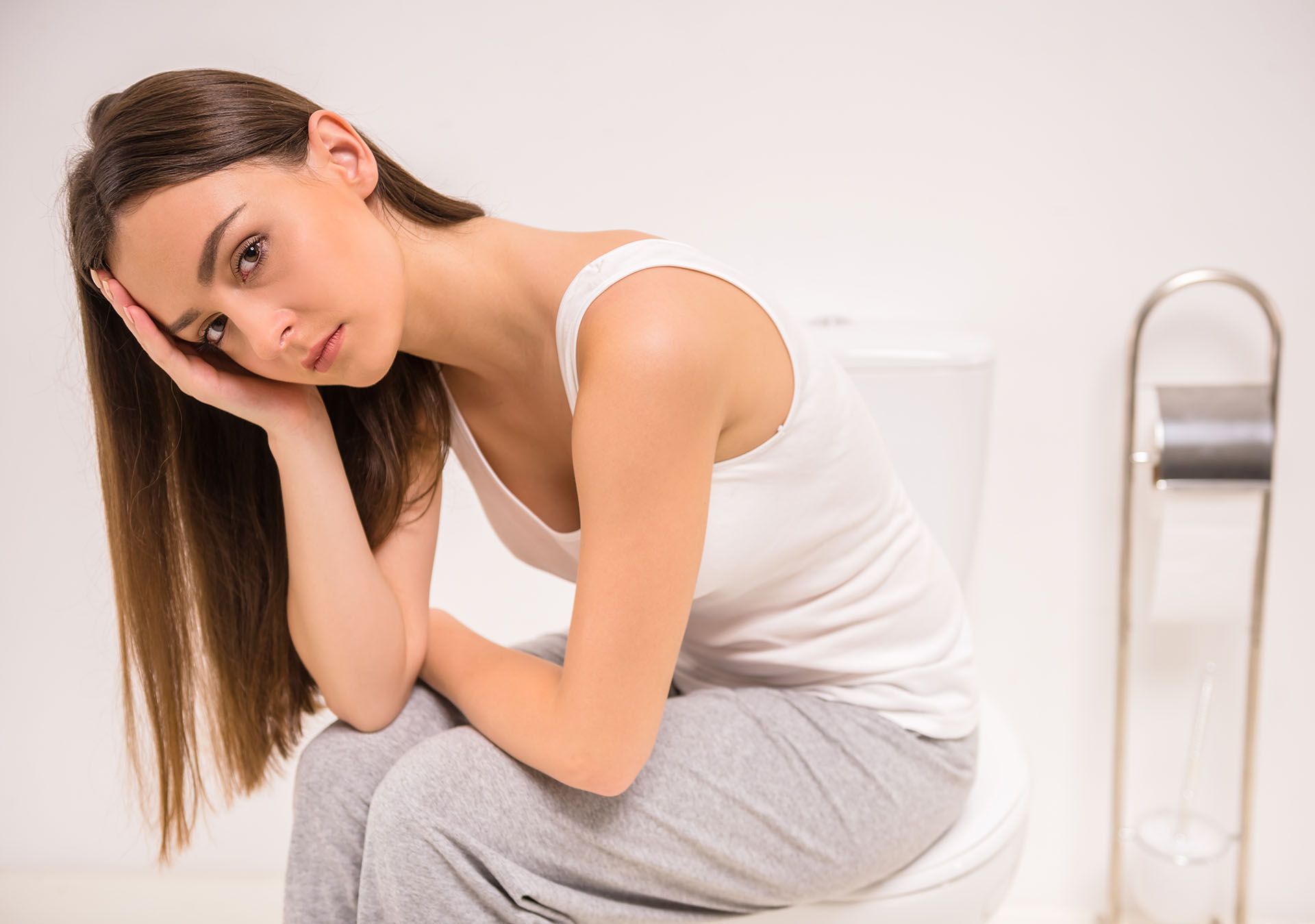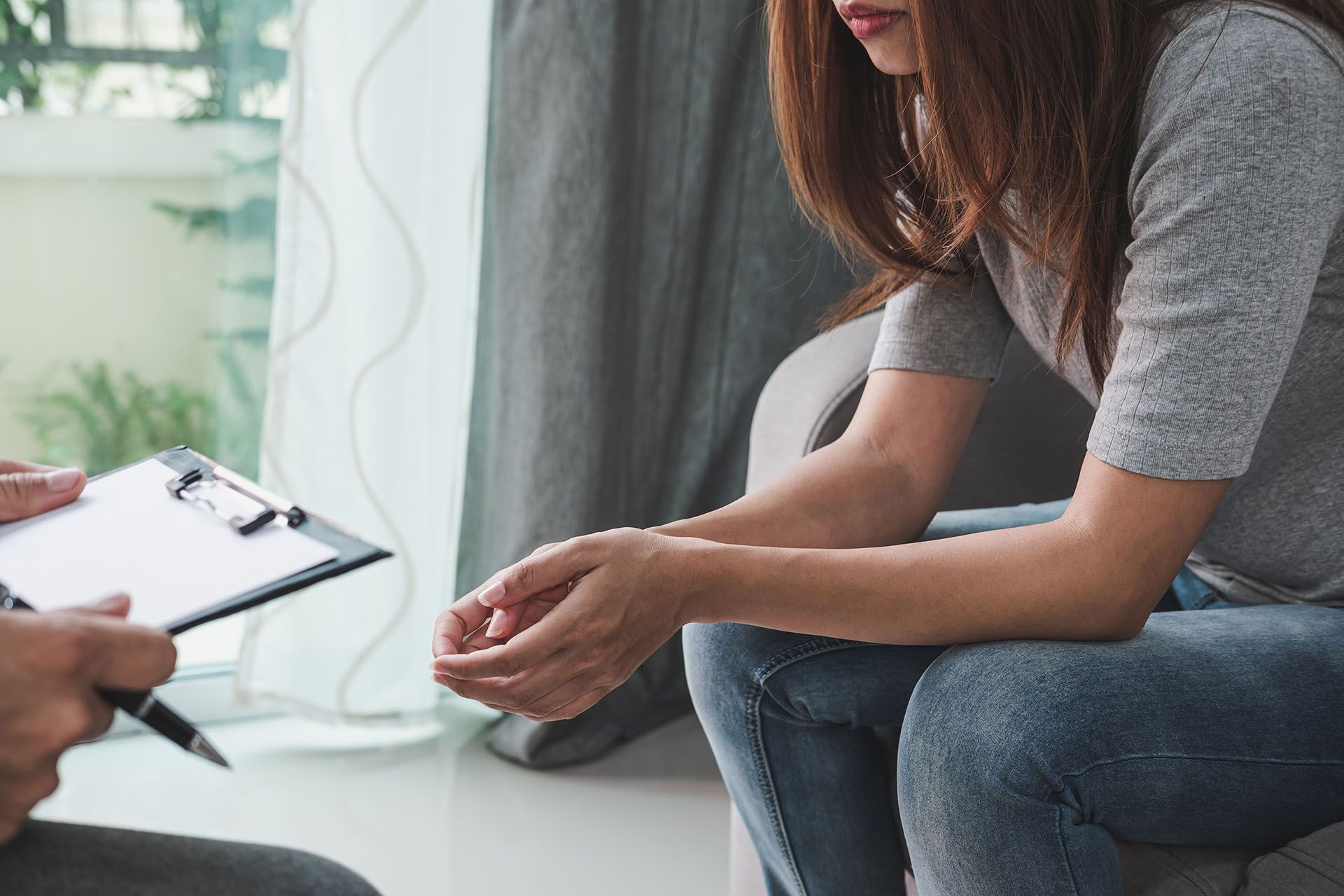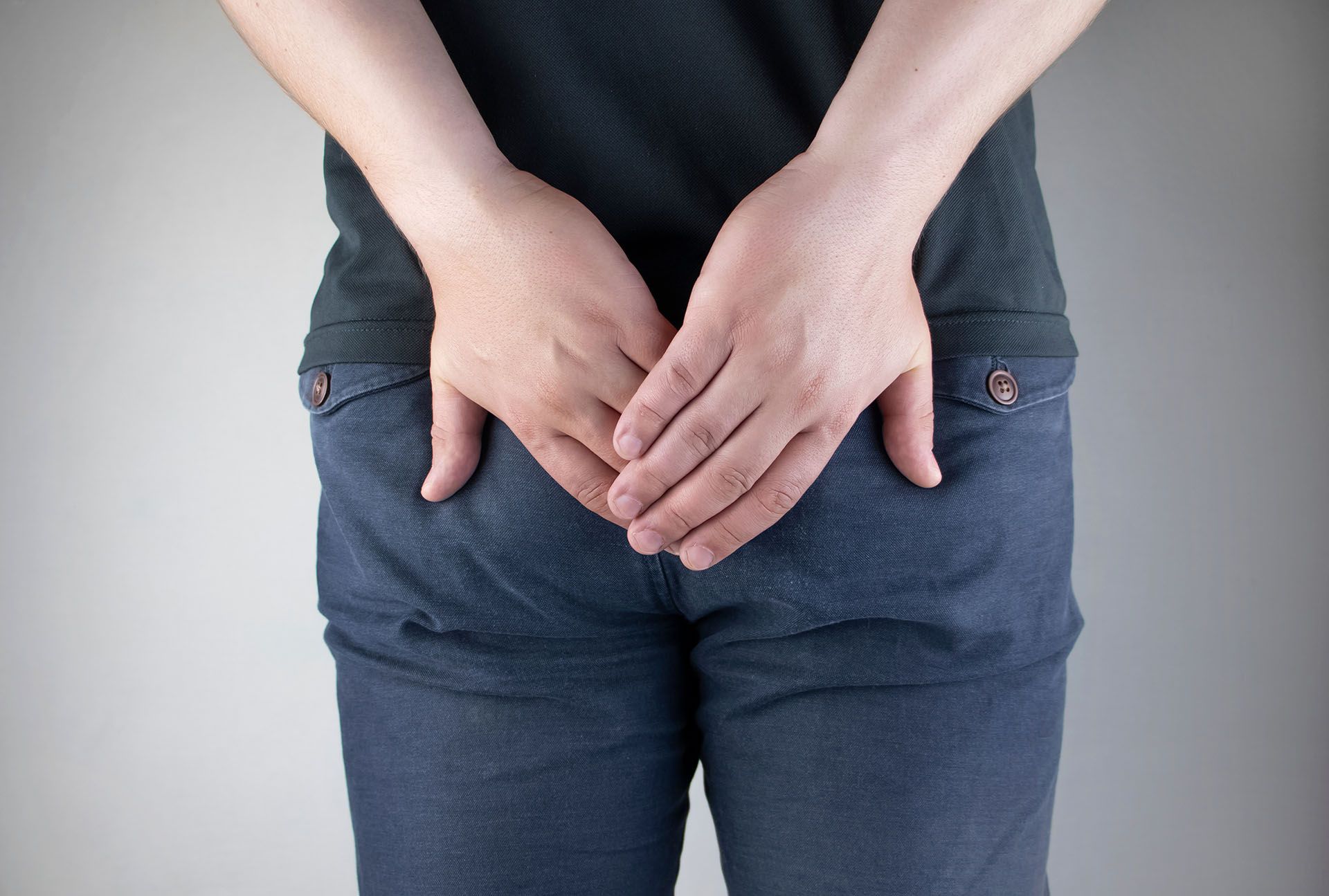Menopause marks a significant transition in a woman's life, affecting not only hormonal balance but also various aspects of health, including anal health. While much focus is placed on common symptoms like hot flashes, it's crucial to understand the broader impacts of menopause on the body. Here’s a closer look at how menopause can influence anal health and tips for managing related issues.
The Connection Between Menopause and Anal Health
As women age, the decline in estrogen levels during menopause can lead to several changes in the body:
- Reduced Collagen and Elastin: The decrease in estrogen reduces collagen and elastin production, which can weaken connective tissues in the anal area, increasing susceptibility to conditions like hemorrhoids.
- Changes in Digestive Health: Menopause may slow down digestion, leading to issues like constipation, which is a known risk factor for developing anal fissures and hemorrhoids.
- Pelvic Floor and Tissue Changes: Weakened pelvic floor muscles and thinning of the tissues can result in decreased support for the anorectal area, impacting overall anal health.
Common Anal Health Concerns Post-Menopause
- Hemorrhoids: Often exacerbated by decreased tissue elasticity and constipation.
- Anal Fissures: More likely if stools are hard or difficult to pass, due to hormonal digestive changes.
- Rectal Prolapse: A potential risk due to weakened pelvic support structures.
Managing Anal Health Post-Menopause
- Diet and Hydration: Increase fiber intake with fruits, vegetables, and whole grains. Drink plenty of water to keep stools soft and prevent constipation.
- Regular Exercise: Engage in activities that enhance pelvic floor strength, such as core muscle exercises, yoga, or Pilates, to support anal and pelvic health.
- Mindful Bowel Habits: Avoid straining during bowel movements, and do not delay going to the bathroom when you feel the urge.
- Professional Check-Ups: Regular screenings and discussions with a healthcare provider can help manage symptoms and catch potential issues in the early stages.
- Topical Treatments: Use doctor-recommended ointments or creams to alleviate discomfort from hemorrhoids or fissures.
Conclusion
Menopause undoubtedly brings a host of changes that can impact a woman's daily life, including her anal health. By being proactive and informed, women can better manage these changes and maintain a healthy lifestyle.
If you notice any changes or symptoms related to your anal health during menopause, don't hesitate to call the office for an appointment. Prioritize your health and well-being by scheduling a consultation with your healthcare provider today.
SHARE ARTICLE:
SEARCH POST:
RECENT POSTS:






